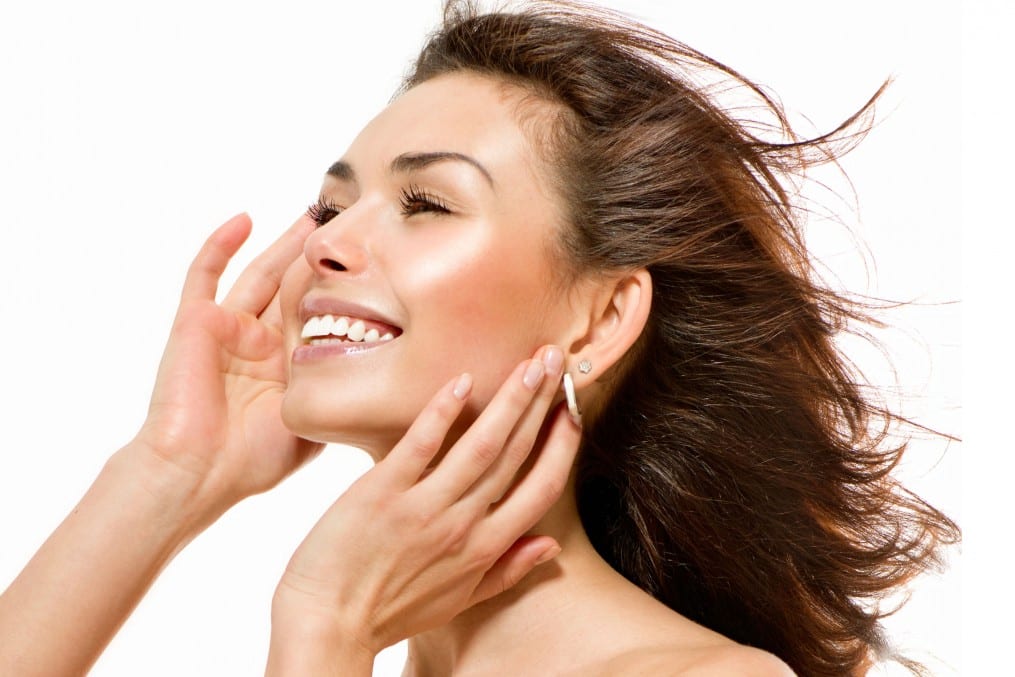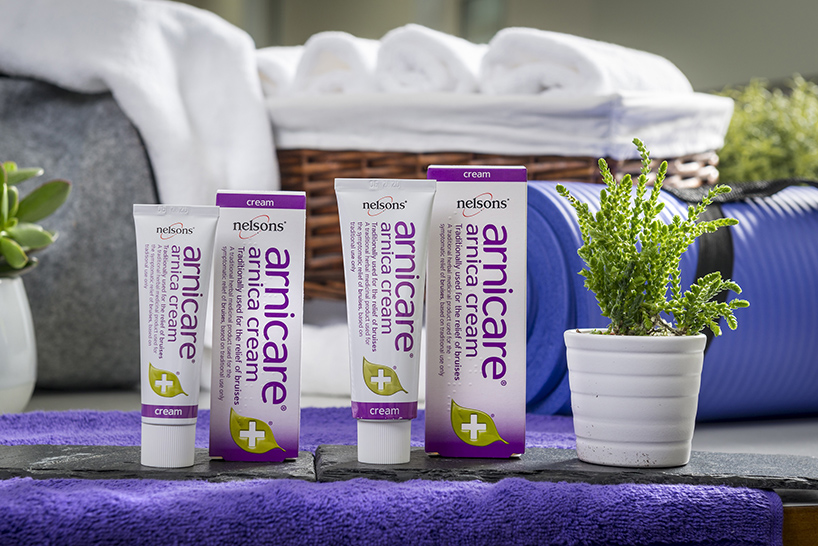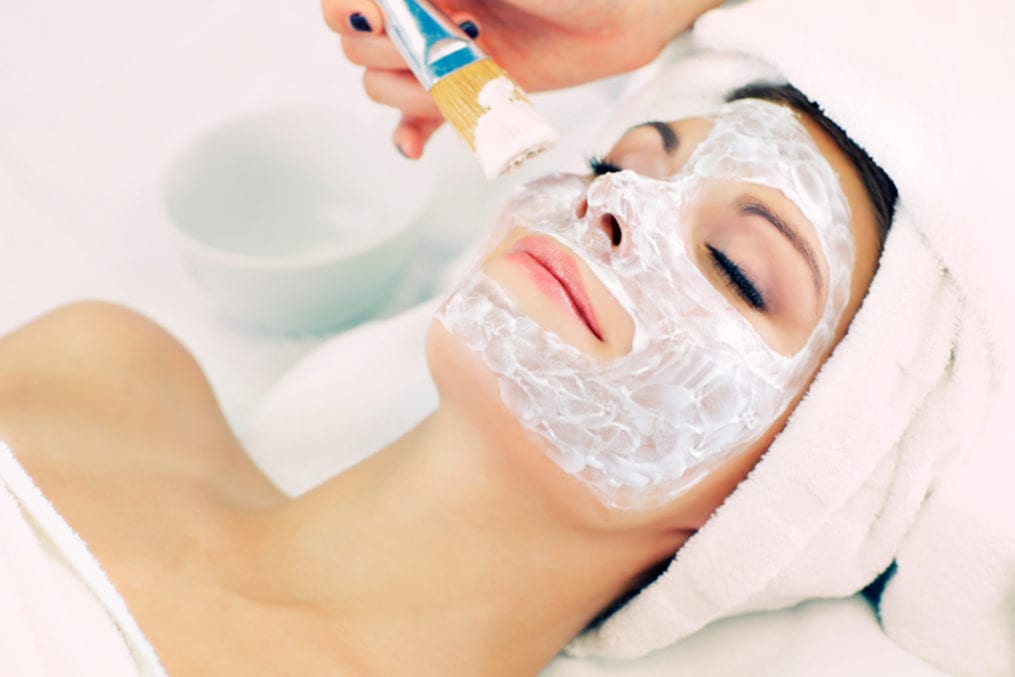The great-skin basics you should know
Forget the fancy creams and lotions or the expensive make-up to cover up dark circles and blotches – there are a lot more simple, cheap and easy tactics you can incorporate into your day-to-day life to help make your skin look its radiant best. Here, we run through 10 of our favourites to help your skin on its way to glory.
1. Ditch the sugar. Yes, we’ve been told to ditch this for maintaining overall good health, but did you know the white stuff can have a big impact on your skin, too? Once in your system, sugar bonds with protein molecules, including collagen and elastin, which can become inflamed and still. Eventually, this can cause skin to sag and wrinkle – which are things nobody wants. Still need a sweet hit? Grab a piece of fruit – they contain natural sugars, but these are released into the bloodstream in a different way.
2. Get some sleep. A number of skin conditions can be made worse by lack of sleep, as this is the time when the body repairs itself and expels toxins; if you don’t clock up the hours, then your body doesn’t have the opportunity to complete this process properly. You’ll exacerbate signs of ageing if you don’t get the recommended eight hours a night, too – studies show that wrinkles and fine lines can double in appearance if you only get six hours of zzz’s a night.
3. Apply sunscreen – and not just in summer. Whether there’s bright blue sky or wintery clouds, if you can see the sun then its damaging rays can still harm your skin. Choose one with both a high UVB (e.g. factor 50) number AND a high UVA rating (denoted in stars, usually on the back of the sunscreen bottle – 5 is the highest, 3 is the lowest you should go for). The UVA rays from the sun are actually the ones that age our skin, so don’t forget about this second, often overlooked, rating.
4. Limit your alcohol intake. If you’re drinking more than the recommended two daily units (for women, three for men), then the additional toxins in your body could have a negative effect on your skin.
5. Eat oily fish.
Government recommendations say that we should eat two portions of oily fish a week (such as salmon and mackerel) in order to keep our omega-3 levels in check for our health – but this fatty acid is also crucial for keeping your skin looking good, too. They help to boost your skin barrier, which keeps irritants out.
6. Steer clear of sunbeds. Just like the sun, these machines emit UV rays that cause premature ageing and damage DNA in the skin. Plus, this intensive UV exposure can potentially lead to users developing skin cancer. If you do want a golden glow, look for a great self tanning product instead (we love TanOrganic’s Self Tanning Oil; £24.99 from Holland & Barrett).
7. Always remove your make-up before bed. Whether you’re turning in early, or getting in light after a few post-work drinks, take off your make-up before you hit the sack. Leaving it on can block your pores and lead to spots, and can also prevent the natural skin shedding process, which can cause you skin to look dull and tired.
8. Clean your phone. Did you know that your phone can carry up to 18 times more bacteria than a toilet seat? Gross, but true. Think about how many times a day you touch it and where – out on public transport, in the shops after handling money… And then every time you answer a call, this bacteria is pressed up against your face, which can cause irritation and spots. Simply give it a clean once a day with an disinfectant wipe to help banish those nasties.
9. Drink enough water. Dehydration can contribute to your skin showing signs of premature ageing. This is because dehydrated skin is less able to retain moisture, which can damage cells and increase your chances of getting wrinkles. Plus, the clear stuff helps your skin flush out toxins that can lead to blemishes and inflammation.
10. Avoid stress. Too much stress in your life not only affects your mental health, but physical, too – including your skin. Stress causes a chemical reaction in your body that makes skin more reactive, plus it stimulates the production of cortisol, which makes your skin produce more oil. Oily skin = spotty skin. Stress is also known to worsen skin conditions such as rosacea and psoriasis, so why not try to reduce your day-to-day anxiety with some easy stress-busting breathing exercises? Read our guide here.
Got any other great ideas for helping keep your skin on it’s a-game? Tweet them to us (@healthmag), share them on our Facebook or drop us a line over Instagram (healthymagdaily).













